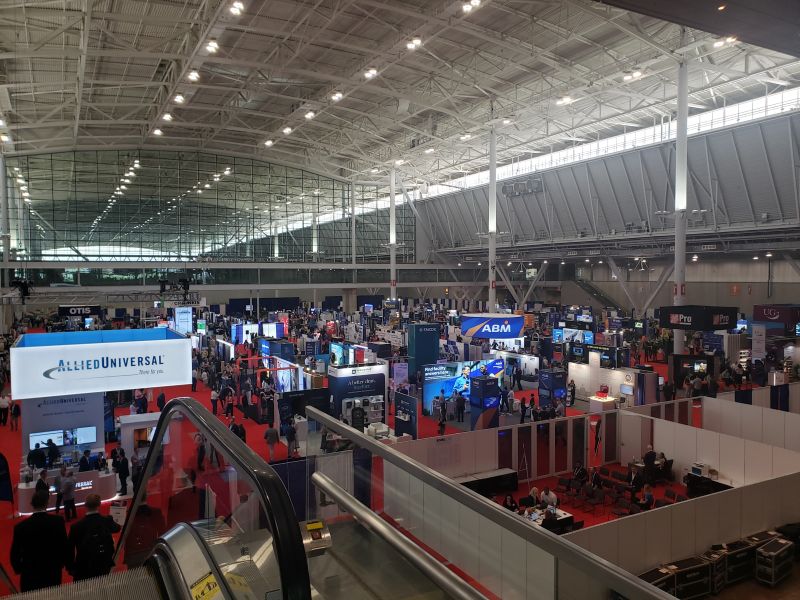New Windsor COO: Get Back to Basics
“You have to get back to basics in a down economy,” says Bill Upshaw, new COO of Windsor Hospitality Group, which is both practicing that philosophy and looking forward to substantial growth over last year in an industry that’s increasingly struggling. A 25-year veteran of the hospitality business, Upshaw was most recently vice president of…
“You have to get back to basics in a down economy,” says Bill Upshaw, new COO of Windsor Hospitality Group, which is both practicing that philosophy and looking forward to substantial growth over last year in an industry that’s increasingly struggling. A 25-year veteran of the hospitality business, Upshaw was most recently vice president of operations for Benchmark Hospitality. Previous to that, he had held positions at Marriott, Mariner Corp., the Durbin Cos. and Crestline-Barcelo. Windsor Hospitality is an affiliate of Windsor Capital Group, a privately owned hotel ownership and management company with 31 hotels in 13 states and nearly half of them in California. Windsor focuses on “the upper-mid tier,” brands such as Marriott, Renaissance and Embassy Suites, Upshaw told CPN, and is the largest franchisee of the latter in the United States. Such properties often do well in downturns, as individuals and companies back away from luxury-grade hotels. Though “what’s going on with gas prices is impacting all forms of travel,” Upshaw said, the hospitality industry has been hit by a triple whammy of the economy’s slowdown, record gas prices and retrenchment by the airlines. The biggest cutbacks in travel, he said, have been in the “transient market,” of individual business or vacation travelers, while the convention/group travel side has been less affected. Overall, “we’re seeing some slippage out there” in the hospitality sector, Upshaw said, though Windsor’s portfolio is going well and will probably be up 4 to 5 percent over last year. One big reason for that, he explained, was Windsor’s ability to anticipate bad news. “Our company recognized that there were clouds on the horizon” and worked at both the corporate level and at individual properties to adjust, including targeting convention business. A big part of that, Upshaw said, has been a more aggressive outreach into the SMERF market, or Social, Military, Educational, Religious and Fraternal, which includes such areas as sports and athletic team travel, religious retreats and college and veteran’s reunions. Earlier this year, MeetingsFocus.com noted that the SMERF sector has been both recession-resistant and “one of the fastest-growing areas of the meetings industry.” The site also commented that SMERF customers, who tend to be very budget-conscious, often have to be flexible from year to year, going to better properties in larger cities when the hotel industry is in a recession and moving to smaller markets when the economy bounces back and hotel occupancy rates rise. Strategically, Windsor is “going to grow in all ways,” Upshaw said, including acquisition and development. “We’re very opportunistic in our approach.” The company is looking at three approaches to growing its portfolio in a challenging economy. The first is the pursuit of third-party management contracts, where part of the sales pitch is that Windsor knows that hotel owners expect, because it is one. Second, Upshaw said, “We are still in an acquisition mode, though we’ll be very careful about that.” The company looks for markets with high barriers to entry and will consider repositioning or reflagging a property following a purchase. And third, Windsor still has some development projects in the pipeline, most of which, Upshaw noted, should be coming on line in time for the economy’s next upturn, which he estimates will be in about 18 months. He doesn’t believe that the hospitality sector is currently overbuilt and therefore expects some pent-up demand once the economy swings back up. There’s a fourth strategy, too, and that’s internal, with an emphasis on cost control. In an economy like the current one, Upshaw said, “You have to patrol the creep in payroll. You have to control your energy costs.” On top of that, he said, “The cost of food has gone through the roof,” leading Windsor to coordinate or consolidate buying as much as practical.





